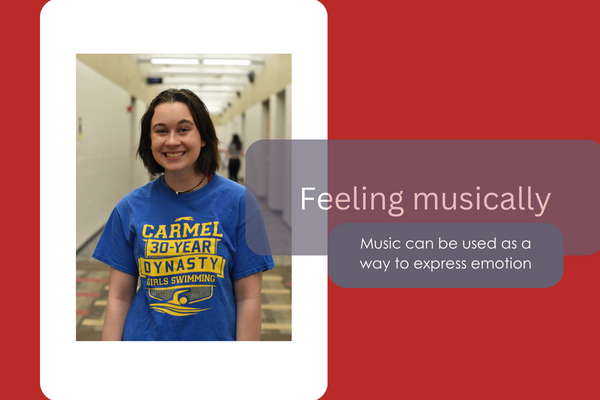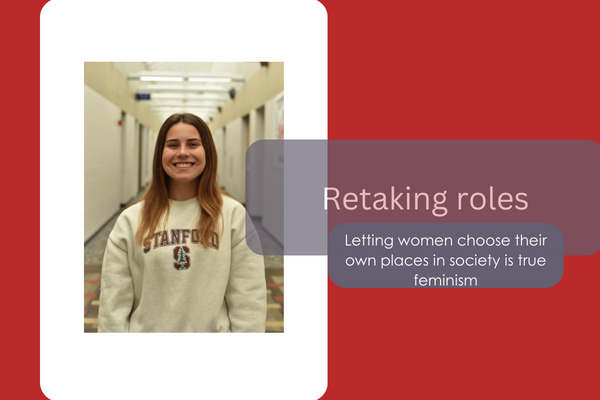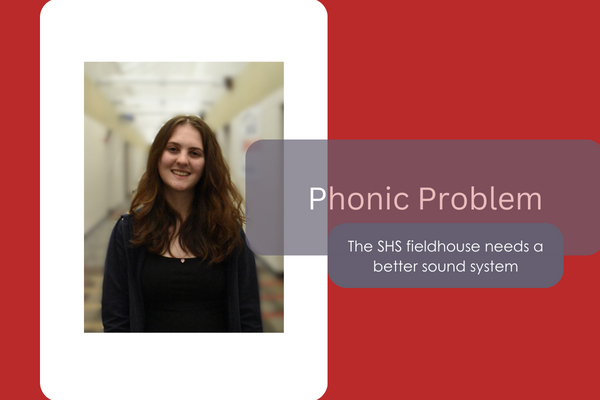Normalize mask-wearing
People who fall ill should use face coverings in public even after the pandemic
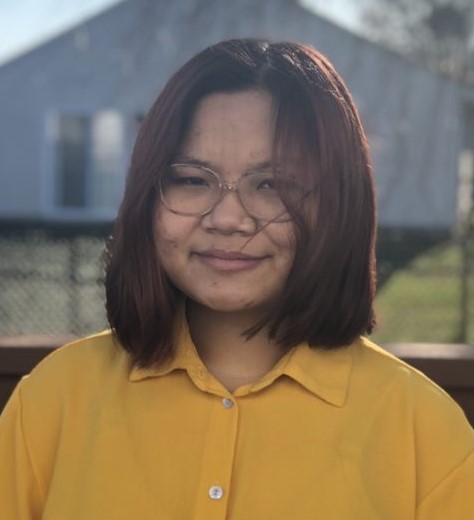
In total, 37 states have made wearing masks a requirement as the coronavirus has worsened. Masks are something that has never been normal in our country. Despite it feeling foreign and hard to get used to, I believe that masks should become the standard in our society even after the age of COVID-19.
I am definitely not saying it should be forced or that we should wear it every time we go out. I’m merely advocating for masks to be a part of our lives when we go out while being sick, especially during the flu season.
It’s already been proven that masks help with limiting the spread of germs. A study published in Nature Medicine, a monthly medical journal, showed that wearing a surgical mask significantly reduced the amount of these respiratory viruses emitted through droplets and aerosols. Knowing what we now know about masks, we should try to use this as a way to make sure everyone is safe during future flu seasons.
Although we only started wearing masks this year, countries in Asia had already made it the standard even before the virus hit. In “Why Was Mask Wearing Popular in Asia Even Before COVID-19?” Cynthia Kim Beglin, a writer who focuses on the intersection between the East and West, perfectly highlighted how Asian countries adopted masks way before COVID-19 as a way to be respectful to other people after the SARS outbreak. Beglin mentioned that masks are worn by people who are sick so they can prevent others from being sick, and a person is considered to be selfish if they do not wear it.
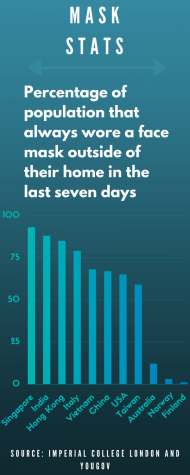
I do understand that this would be a difficult change to implement in the U.S., where some people are still struggling to put on masks during a pandemic that has killed over 260,000 fellow Americans. But, I think it is a sensible change. Our society needs to take into consideration the number of germs that are emitted daily and truly let it sink in that the germs we release when we are sick can cause other people to be sick.
Speaking from personal experience, when I was in the fifth grade I remember how I ended up getting a cold right after a classmate had come to school while being sick. Even when I was sick, I never thought about wearing a mask because it wasn’t available, and it wasn’t “normal.” The only precaution I took to make sure I didn’t spread my germs was hiding my coughs and sneezes behind my arm.
Also, this is a great alternative for parents who are against vaccination for the upcoming flu season. If their child ends up getting the flu, they can protect themselves and other people by putting a mask on, something that does not cause autism or kill people, as some anti-vax people think, and does not require a hospital visit.
Instead of being selfish and thinking only about our comfort, we need to think about how our sickness can harm other people in return. Despite masks being uncomfortable, if it saves other people from being sick, let’s put on our masks and be unselfish.
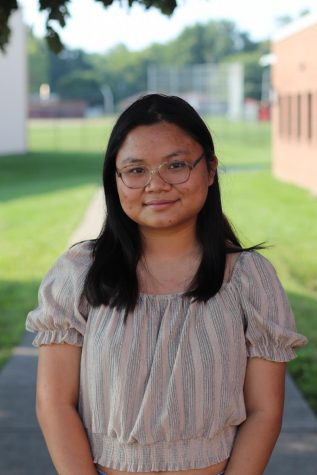
Hi! My name is Thian Awi, and I am a senior this year. This is my second year of being on The Journal, and I am the Foreign Language Editor. I am originally...


